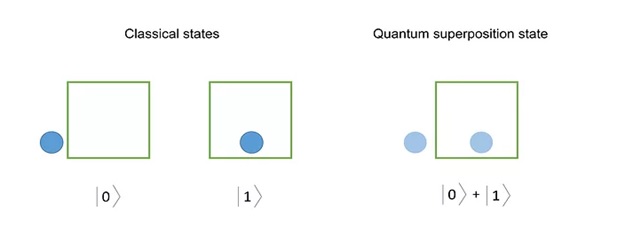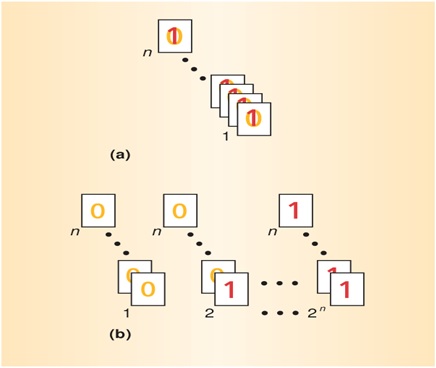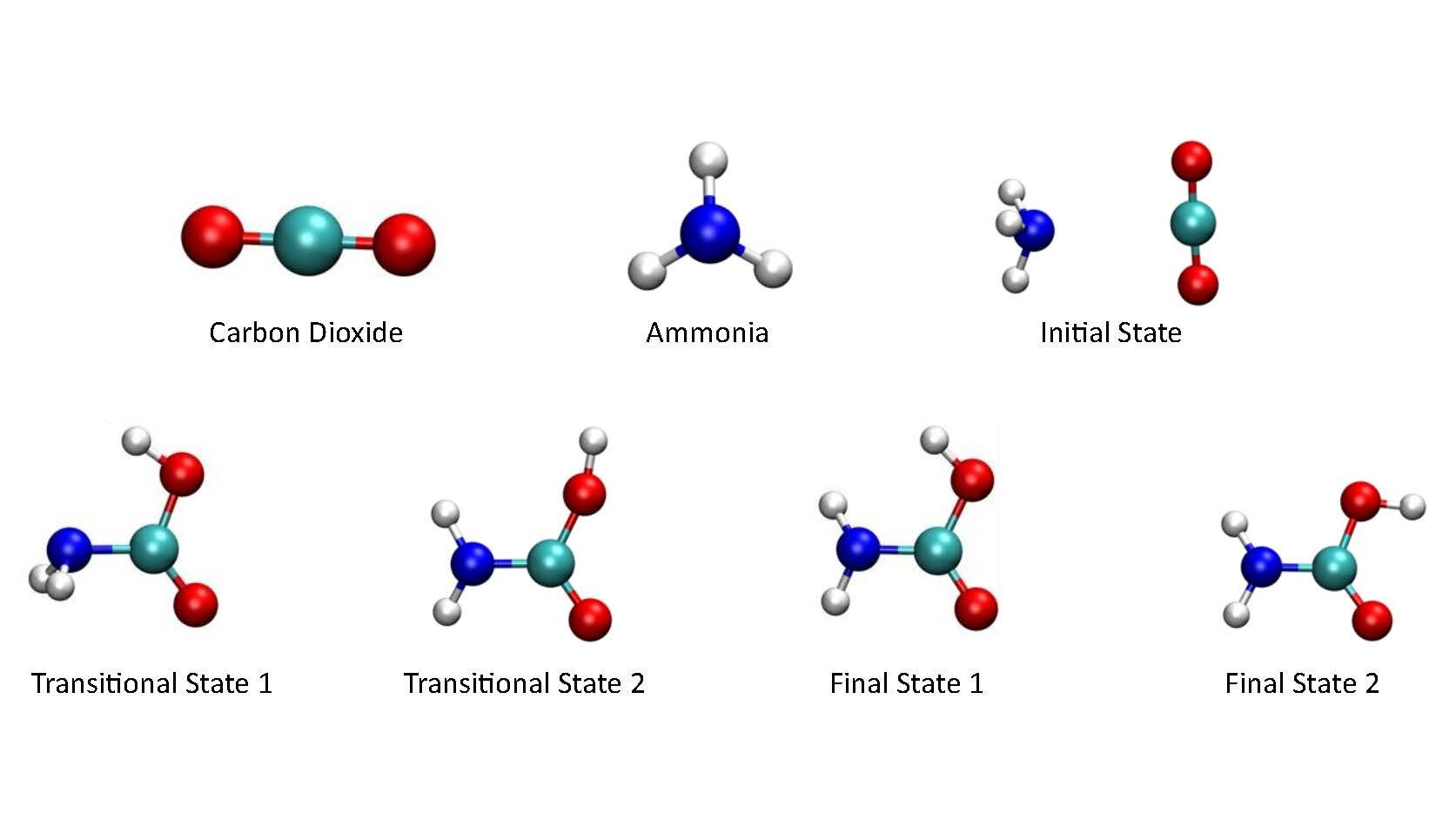Quantum Superposition
Quantum superposition is a fundamental principle of quantum mechanics that describes the ability of a quantum system to be in multiple states simultaneously. In classical physics, an object can only exist in one state at a time, but in quantum mechanics, a particle can exist in two or more states simultaneously.

Figure 1. Quantum Superposition. [1]
Figure 1 shows quantum superposition. The concept of superposition is often demonstrated using the example of a quantum bit, or qubit, which is the basic unit of information in a quantum computer. A qubit can exist in two states, commonly referred to as 0 and 1, but it can also exist in a superposition of those two states. This means that the qubit can be in a state that is a combination of 0 and 1, such as (|0⟩+|1⟩)/√2.
In a superposition, the state of the quantum system is represented by a linear combination of the basis states. The probability of measuring a particular outcome when the system is observed is determined by the square of the coefficient of the corresponding basis state in the superposition.
Superposition is an important concept in quantum computing because it enables the manipulation of multiple states simultaneously. This allows quantum algorithms to solve certain problems exponentially faster than classical algorithms, which can only operate on one state at a time.
However, the superposition principle also raises many philosophical questions about the nature of reality and the relationship between the observer and the observed. It remains a subject of active research and debate in the field of quantum mechanics.
References:
- https://physics.stackexchange.com/questions/582737/has-it-been-practically-proven-that-quantum-superposition-exists-if-yes-how-d
Cite this article:
Hana M (2023), Quantum Superposition, AnaTechMaz, pp.107















